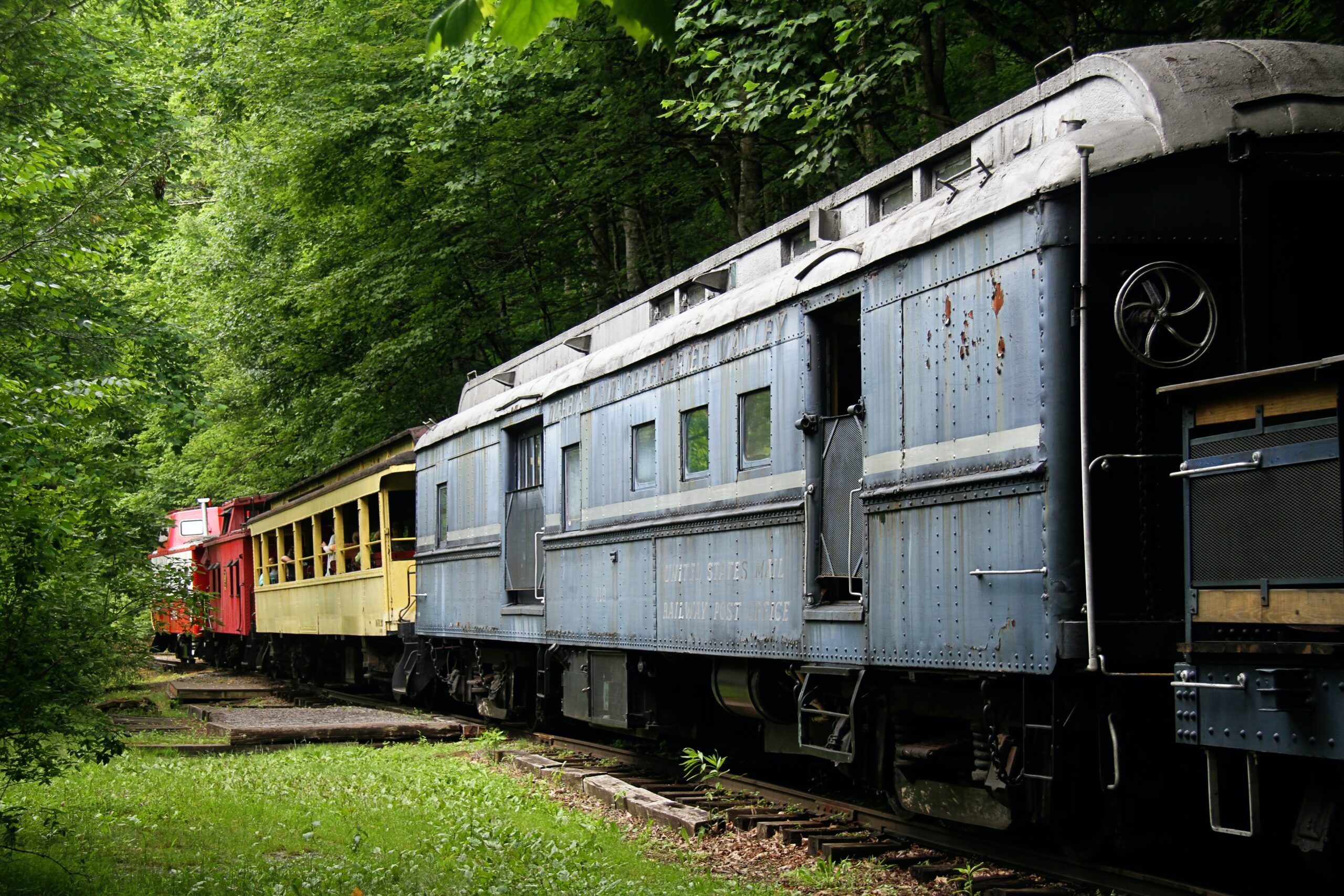India’s Worst Railway Disaster in Decades Leaves Nearly 288 People Dead

Credit: Unsplash
Officials investigating one of India’s most devastating train wrecks in history are focusing on a potential signal failure as the cause of the disaster. The crash occurred on Friday in Odisha, claiming the lives of at least 275 individuals. Rescue efforts have concluded, and all derailed cars have been cleared from the tracks. However, the families of the victims faced difficulties reaching the wreckage site near Balasore to identify and claim the bodies of their loved ones due to a lack of train services. The tracks were restored on Sunday.
India has invested significantly in upgrading its infrastructure, including the railway system, with a budget of nearly $30 billion in the previous fiscal year. However, funding for basic track maintenance and essential measures has been declining, posing a risk to the safety improvements achieved over the past two decades. A report from India’s auditor general revealed reduced funding for track renewal work and the diversion of allocated funds to non-priority projects.
The Railway Safety Fund, intended to benefit the entire fleet of locomotives, had a budget of $5.5 billion, equal to the expenditure on new locomotives and train cars. The diversion of funds from safety initiatives to other projects raises concerns about prioritizing safety in India’s rail system.
The train tragedy in India pic.twitter.com/HcrMvSWnD6
— SAHEED AYENI (@saheedayeni) June 4, 2023
While India has made progress in enhancing safety through measures like electronic signaling systems and improved track infrastructure testing, efforts to address signaling failures and derailments have received little recognition. The country has witnessed a decrease in consequential train accidents, but the reallocation of resources threatens safety funding and jeopardizes the progress made in improving railway safety.
This tragic incident is India’s worst rail disaster in decades. The last train disaster of a similar magnitude occurred in 1999, resulting in the deaths of 285 individuals in West Bengal. The number of consequential train accidents has steadily decreased over the years, but the auditor general’s report warns that the reallocation of resources is eroding safety funding.
It is crucial for India to prioritize the allocation of adequate resources to maintain its rail infrastructure and enhance safety measures. Neglecting safety funding could undermine the impressive strides made in recent years and increase the risk of future tragedies. The government must ensure that high-profile projects do not overshadow the critical issue of railway safety, preventing further devastating incidents like the one witnessed on Friday.









